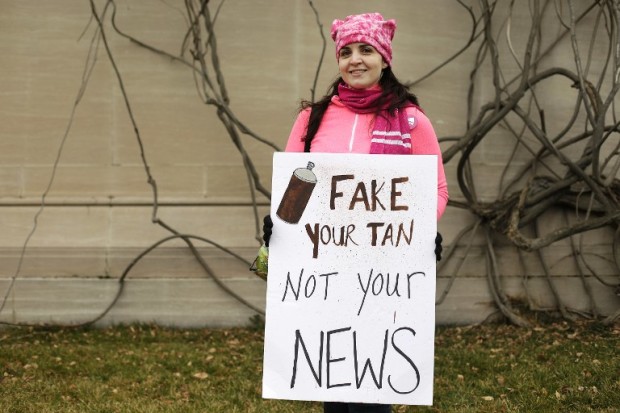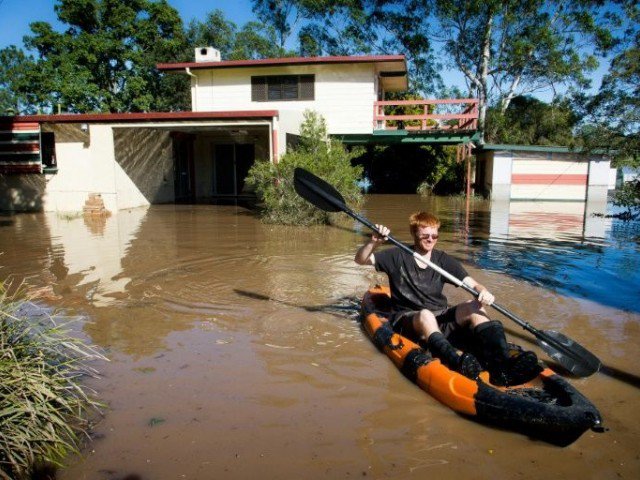
LONDON: The rise of fake news has been a hot topic in Britain this year, with the lawmaker leading a probe into the phenomenon warning it was “a threat to democracy”.
As-well as the inquiry, British journalism schools have begun to adapt their teaching while national broadcaster the BBC has issued prevention guidelines for children in an attempt to reverse the trend.
Damian Collins, head of the parliamentary probe, told AFP that fake news undermined trust in the media in general, with the explosion of social media making political issues particularly sensitive. Fake news represents “a threat to democracy if people are deliberately using it on social media platforms to spread misinformation around an election”, he said.
The panel is considering whether fake news spreaders could be blocked or closed down, or genuine news outlets given a special verification mark.
Collins urged tech companies to help tackle the problem on social media platforms as they had done in combating piracy, illegal content sharing, cyber-bullying and hate speech.
But the tech giants had only moved “in response to pressure, and reluctantly”, the MP warned.
The impact on those too young to vote is also causing concern.
BBC television’s ‘Newsround’, a news bulletin for children, explained fake news to youngsters in February.
The programme created “think before you click” clips informing youngsters how to spot false stories, using invented tales of yellow pandas, robot headteachers and UFOs.
Fake news is not a 21st-century phenomenon, but what is new is its scale, said James Rodgers, a senior lecturer in journalism at the City University of London. “Before, being published relied on getting into an established medium. It no longer does,” said Rodgers, whose university runs some of Britain’s most prestigious journalism courses.
The former BBC and Reuters journalist said three main factors seem to create the conditions for a fake news surge.
“These spikes seem to occur at times of political uncertainty, armed conflict and new technology. We have all of those three at the moment,” he told AFP.
Rodgers said that as people got wiser to the ways of social media, they would grow more discerning and that journalists would become more adept at utilising technology.
In Britain, there is a fine tradition of humorous spoof news.
It reaches a crescendo on April 1, April Fools’ Day, when newspapers and broadcasters traditionally try to catch their audience out.
The pick of Saturday’s crop included Prince Harry’s quickie wedding in Las Vegas and a new fashion range launched by former finance minister George Osborne. A Daily Express piece saying that the EU was to demand the recall of every British number plate following Brexit provoked anger amongst readers, with one commenter writing “the EU can shove their dumb number plates where the sun don’t shine.”
A fake news producer explained that, as demonstrated by the Express report, the key to getting stories to go viral was to appeal to people’s emotion.
The Southend News Network turns out topical satirical stories, often patently ludicrous, that nonetheless get shared worldwide – and occasionally picked up by mainstream news outlets. “A successful fake news story will always appeal to people’s angers and fears,” said the SSN‘s chief reporter. – AFP




